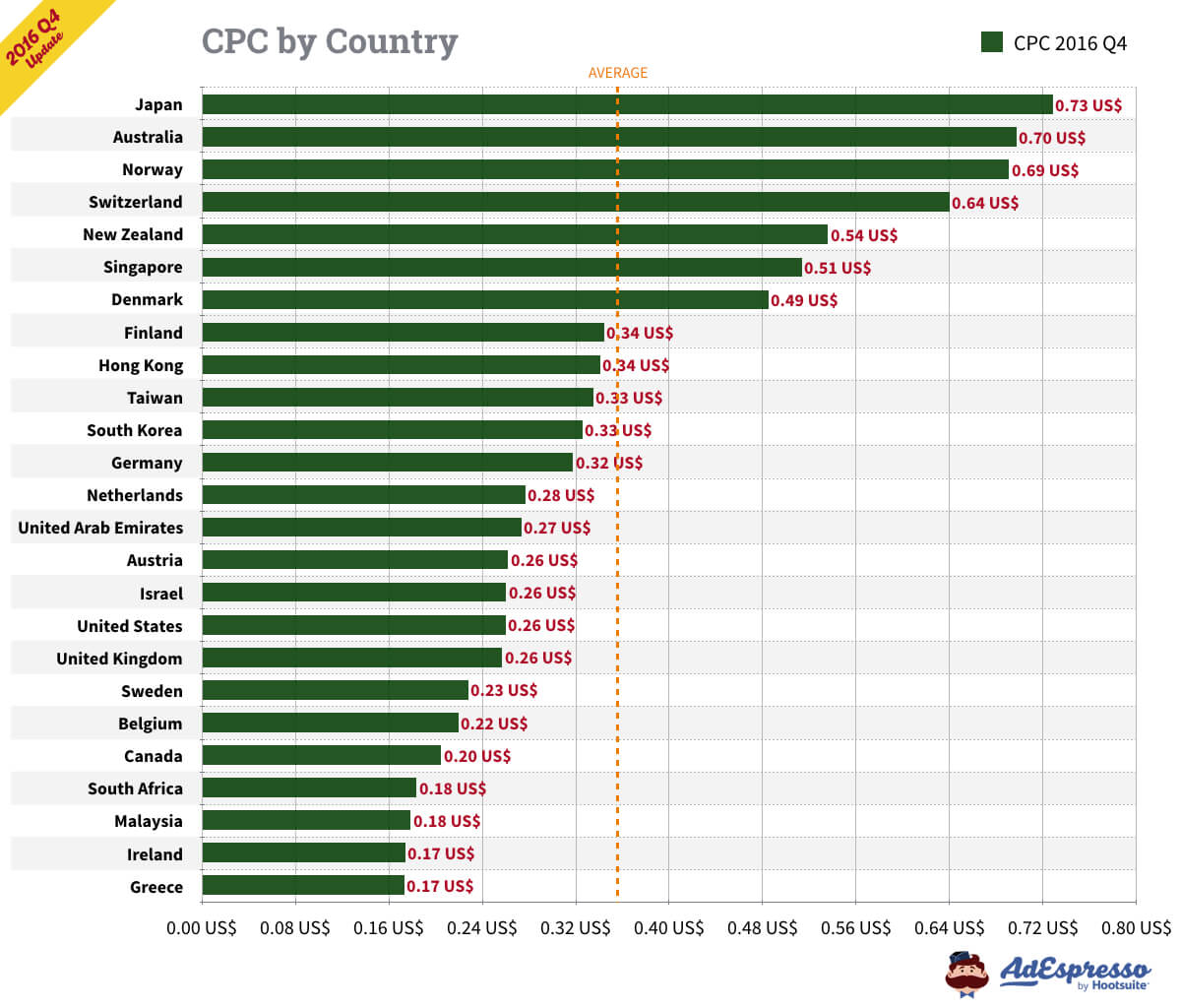Crypto Scams: A look at the other side of the coin
We have been hearing a lot about ICO scams, between unrealistic promises, half baked products and illusions of reputation, it has been an eventful past couple of months.
The latest and brightest is the abuse of the term "proof of concept". In the spirit of trustlessness, the rule here should be, if it's not an actual product, it's not a proof of concept; a couple of videos should certainly not be called "proof of concept". Similar to how easy it is to create a fake A.I. by programming specific answers, a video showcasing an app doing a few specific actions only means these have been programmed in the software, not that it is doing any calculation or processing whatsoever.
Ideas are much harder to market when no proof of concept is available, which pushes some people to come up with elaborate schemes to make you think they have a proof of concept. Buyers beware.
But enough about these, one thing that has been overlooked in these debates, is the other side, the "backstage" of ICOs, and all the scams lurking around the corner for the teams involved.
In the past few weeks, as the founder of bHotspot, while preparing for the ICO, I have been receiving a lot of marketing offers, from simple banner display to social media packages, choices are varied and numerous. However, most of them have one thing in common: massive cost.
It's no mystery that good marketing is expensive, yet it appears we have reach a whole new level with ICO marketing. The Cost Per Click (CPC) has been thrown out the window, and we are back to the good old "pay per spot" model.
Here are a few examples of actual offers:
- 1 month signature campaign on a forum (with a promise of 30+ signatures): 10 BTC
- 1 month banner on home page: 5,000 USD
- And my personal favorite, 1 week banner on all pages: 29,999 USD
How many of these are plain old scams (i.e. you will never hear back from them once you send the money), who knows. However, even if these are legitimate offers, and will get you prints, you are looking at a major investment to "hope to raise money for your project".
In the grand scheme of things, with a few projects raising 100M+ USD with their ICOs (rightfully or not), it might not seem like a big investment. What you have to remember though, is most of the websites/teams offering these services are less than 6 months old, and they likely have no prior experience in marketing. Even if these websites are de facto targeting the audience ICOs are aiming at, nothing justifies these prices, especially when doing the math with the number of visits most of these websites get.
We are looking at a landscape where teams now need to raise money to pay for the marketing to hope to raise money for their project... What's next? Well, we already have pre-ICO, so pre-pre-ICO marketing donations (soon to be known as PPICOMD)?
As a comparison, here is the cost for Facebook & Google Advertising:
I will let you ponder on that one for a minute (time to dig up your old CASIO).
Scams also come in the form of phishing, sometimes highly targeted, and very well executed, trying to get teams/participants to divulge critical information, some even dare to go directly after private keys.
Although it's nice to see the Nigerian Prince has learned a few more English words, don't get fooled by these, and make sure you do your homework before clicking, opening, sending, unlocking or any other "ing" for that matter.
Here are a few things to be on the lookout for:
- Use of generic email addresses instead of domain name addresses.
[email protected]or[email protected]instead of[email protected]
- Intentional misspelling of domain names with similar characters, or characters close to each other on a keyboard.
prokect.cominstead ofproject.com
- Use of alternative TLDs
project.netinstead ofproject.com
As a general rule, always test the waters first, before proceeding to make any kind of transaction, monetary or not.
Ironically, the lack of trust in the field has become the major issue, and once again, the human factor is at the heart of it. However, a few hurdles need not deter us from progress.
Blockchain implementations are still in their infancies. The field could be compared to the early days of modern banks.
The first "official" bank robbery in the US was in 1831 (source), last year, over 4,000 were registered by the FBI (source). The US also recorded a whooping $16 billion in fraud last year in the traditional banking system (source).
Hacks (cyber robberies) and frauds are bound to happen. They will actually help the field by forcing it to evolve in the right direction, crushing illusions in the process.
If history is any indication, evolving the monetary system will not happen overnight, it will not happen without mistakes and it will definitely scar a few people along the way, even years from now.
Considering the state of the Blockchain field today, a few scars is most likely exactly what it needs to deter the money making schemes and lean towards actual progress and real world applications.
The future of technology looks very promising indeed, but financial-only motivations will not bring the desired outcome. A quick look at the system the Blockchain is trying to improve is all that is needed to realize that.

Excellent article and very informative for potential projects seeking to have ICO. Unfortunately there are loads of scammers out there just waiting to pounce on the uninformed!
Congratulations @fabienb4! You received a personal award!
You can view your badges on your Steem Board and compare to others on the Steem Ranking
Vote for @Steemitboard as a witness to get one more award and increased upvotes!